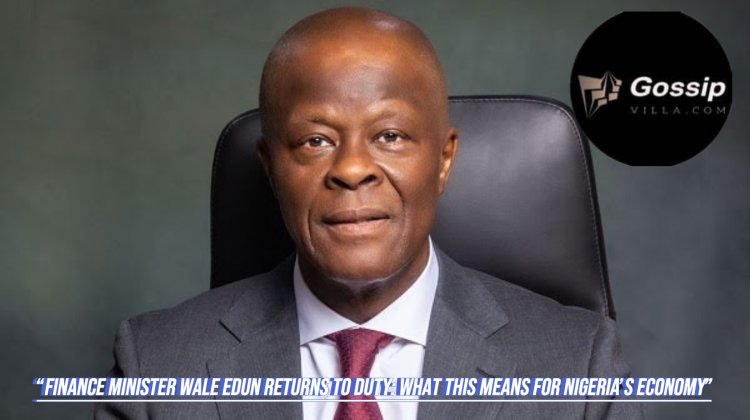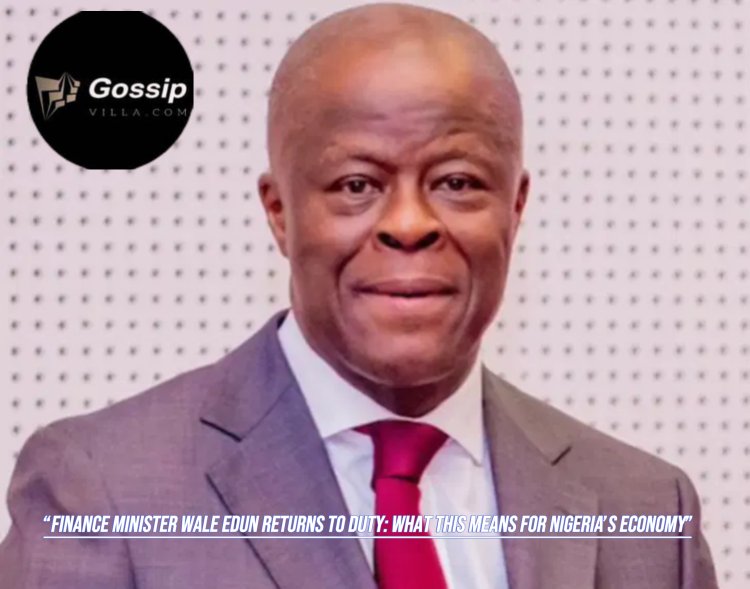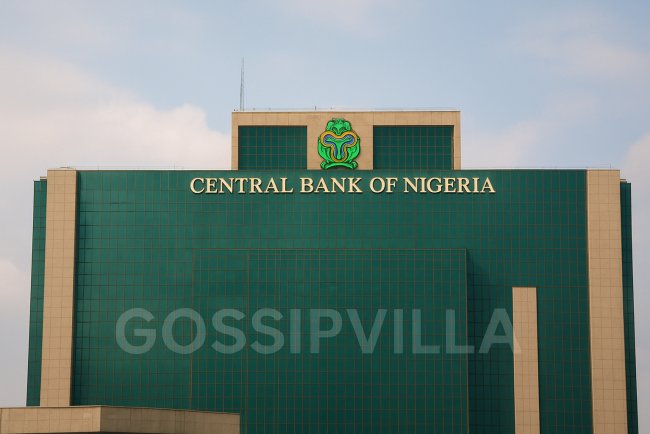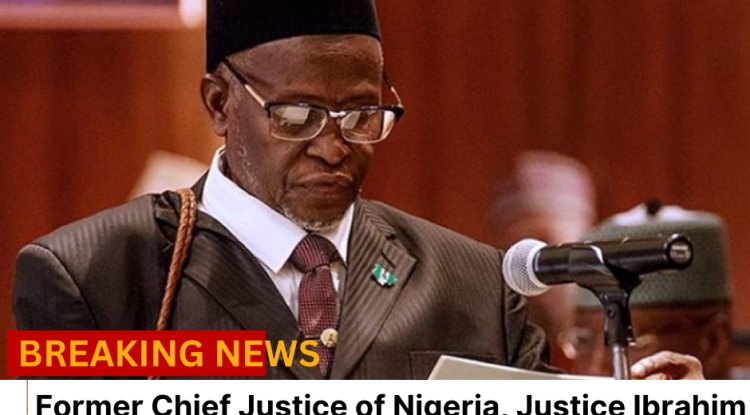Finance Minister Wale Edun Returns to Duty: What This Means for Nigeria’s Economy
Nigeria’s Finance Minister and Coordinating Minister of the Economy, Wale Edun, has returned to duty after weeks of medical leave abroad, bringing renewed focus to the nation’s economic agenda. His comeback comes as investors and business owners seek clarity on fiscal policy, inflation control, and foreign exchange stability. Edun’s early meetings with Qatari investors and government officials signal a strong push for foreign investment, economic reform, and financial stability in Nigeria’s evolving business environment.

Nigeria’s financial and economic landscape is set for renewed focus as Finance Minister and Coordinating Minister of the Economy, Wale Edun, returns to the country following a medical leave abroad. His absence over the past few weeks had raised concerns among investors, business owners, and policymakers who were closely monitoring the direction of the nation’s economic policies.
Eyewitnesses report that Edun resumed official duties in Abuja over the weekend, attending meetings with key government officials and international delegations. Notably, he held a closed-door meeting with representatives from Qatar, alongside the Minister of Industry, Trade and Investment, Dr. Jumoke Oduwole, to discuss investment opportunities in critical sectors of the Nigerian economy.

During his medical leave, questions emerged about the continuity of fiscal and monetary strategies, especially in light of inflationary pressures, foreign exchange market stabilization, and ongoing infrastructure funding initiatives. Analysts have highlighted that Edun’s presence is crucial in steering the government’s economic agenda, including the implementation of key reforms aimed at promoting business growth and attracting foreign investments.
“The return of the Finance Minister is significant for both local and international stakeholders,” says Chukwuma Nwankwo, an economic analyst based in Lagos. “It signals that economic policies can now resume with authority, ensuring investor confidence and stability in the market.”
Edun’s return also coincides with ongoing efforts by the Central Bank of Nigeria (CBN) to stabilize the foreign exchange market, maintain liquidity, and support commercial banks. Market participants are optimistic that his direct engagement will accelerate decisions on revenue mobilization, fiscal planning, and the finalization of financial regulations affecting small and medium-sized enterprises (SMEs) across the country.
Business owners have welcomed this development, noting that predictability in policy and leadership is critical for planning investments and managing operational risks. In the past, prolonged absence of top financial leadership has sometimes slowed private sector initiatives, affecting capital deployment and long-term project financing.
Furthermore, Edun’s active role is expected to influence budgetary decisions, public sector spending, and economic reforms that directly impact job creation and the overall business environment. Economists argue that consistent leadership in the Finance Ministry helps maintain stability in critical economic indicators, including inflation, exchange rates, and interest rates, which are vital for sustainable growth.
While Edun has returned in good health, the immediate expectation is that he will work closely with other economic ministers and agencies to fast-track policy decisions. The international community, particularly investors from the Middle East and Europe, are closely watching Nigeria’s economic trajectory and have expressed confidence in the continuity and direction of financial policies under Edun’s leadership.
the return of Finance Minister Wale Edun marks a key turning point for Nigeria’s economy. His presence ensures leadership continuity, policy clarity, and the ability to execute ongoing reforms, fostering confidence among local businesses and international investors. The coming weeks are expected to provide a clearer view of fiscal measures, investment strategies, and economic initiatives that will shape Nigeria’s growth trajectory in 2025.
What's Your Reaction?




















